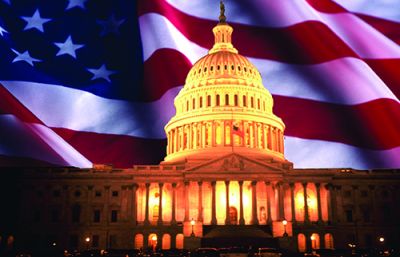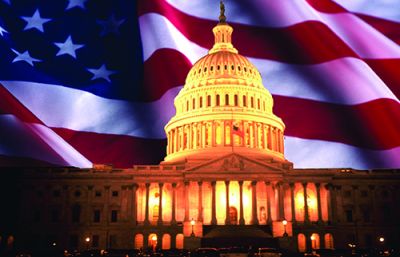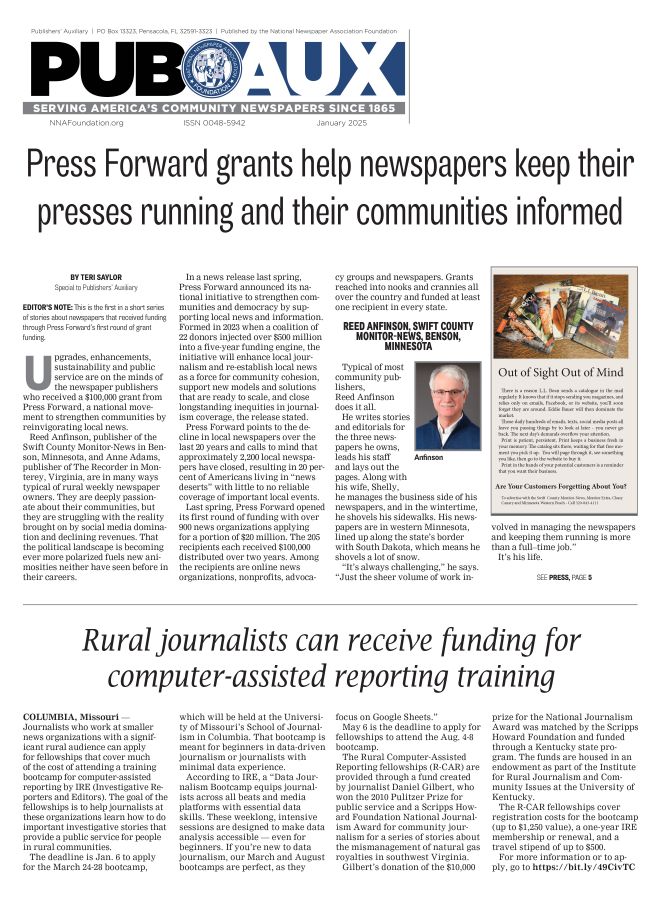NNA applauds House passage of Paycheck Protection Program Flexibility Act of 2020; urges Senate action
Tonda Rush
May 28, 2020

National Newspaper Association today celebrated the bipartisan passage of new House legislation that would give newspapers more flexibility in the use of Paycheck Protection Program loans, a part of the CARES Act. NNA urged the Senate to quickly move the bill to President Trump’s desk.
The new legislation would allow borrowers to complete expenditures over a period of 24 weeks after receipt of their loans instead of the eight weeks now required. It also would remove a limitation placed by the Trump administration that prohibited more than 25% of funds to be spent on covered expenses outside of payroll. In the new bill, up to 40% of funds can be spent on rent, mortgage interest and utilities.
The bill cleared the House by a vote of 247 to 1. The legislation, HR 7010, moves to the Senate, which could accept the House bill if no senator objects, or could wait for a formal vote next week after the senators return from recess.
NNA President Matt Adelman, publisher of the Douglas (Wyoming) Budget, said NNA urged the Senate to act.
“This bill is welcome news for the many small businesses who found the restrictions on use of the money very difficult to administer," he said. "It is terrific that the House moved quickly, but the Senate also must get its job done. This legislation, though welcome, is coming very late in the game for businesses that received loans in the first tranche of funds during the first weeks of April. A lot of the money has been spent in ways that won’t necessarily ensure that there will still be a going concern when the economy eases back into full operation. The longer Congress waits, the tougher the road will be in July, August and into the fall.”
Adelman thanked NNA’s Congressional Action Team for its work in support of the legislation. He said NNA had worked since late April to improve the terms of the forgivable PPP loans.
“These funds have been indispensable for many locally-owned newspapers that have been doing their best to keep publishing under extremely trying circumstances," Adelman said. "Congress pushed funds out the door without having a full picture of the need. Now that we see what is ahead of us, we look forward to continuing to work on support for local newspapers.”









